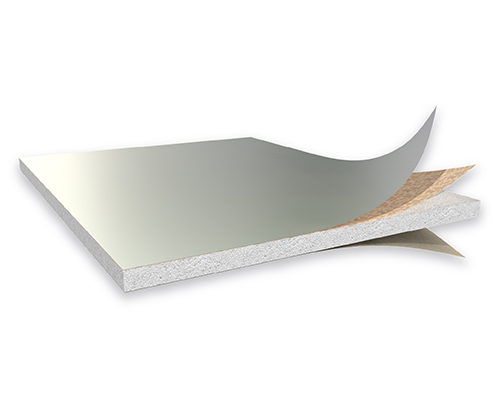Unveiling the Versatility and Advantages of Drywall Material
Drywall, also known as plasterboard or gypsum board, is a widely used construction material that revolutionized the building industry. Its versatility, cost-effectiveness, and ease of installation have made it a popular choice for both residential and commercial projects. In this blog post, we will delve into the world of drywall material, exploring its composition, applications, benefits, and the latest advancements in the field.
- Understanding Drywall Material:
Drywall is primarily composed of gypsum, a naturally occurring mineral, sandwiched between two layers of paper. The gypsum core provides fire resistance, sound insulation, and durability to the material, while the paper layers enhance its strength and facilitate easy installation. This composition makes drywall an excellent choice for interior walls and ceilings. - Applications of Drywall Material:
2.1 Residential Construction:
Drywall is extensively used in residential construction due to its versatility and cost-effectiveness. It serves as a primary material for creating interior walls, ceilings, and partitions. Its smooth surface allows for easy painting, wallpapering, or texturing, providing homeowners with a wide range of design options.
2.2 Commercial Construction:
Drywall finds widespread application in commercial buildings, including offices, hotels, hospitals, and retail spaces. Its quick installation and ability to create customized spaces make it an ideal choice for constructing office cubicles, conference rooms, and commercial interiors. Moreover, drywall's fire-resistant properties contribute to building safety regulations.
2.3 Soundproofing and Acoustic Solutions:
Drywall can be enhanced with additional layers or specialized materials to improve sound insulation and create acoustic environments. By incorporating sound-absorbing materials, such as mineral wool or acoustic panels, drywall can effectively reduce noise transmission between rooms or from external sources, making it suitable for theaters, recording studios, and residential spaces.
- Advantages of Drywall Material:
3.1 Fire Resistance:
Drywall is inherently fire-resistant due to the presence of gypsum. In the event of a fire, the water content in gypsum is released as steam, effectively slowing down the spread of flames. This property makes drywall an essential component in fire-rated walls and ceilings, providing valuable time for evacuation and minimizing property damage.
3.2 Ease of Installation and Repair:
Drywall installation is relatively quick and straightforward, requiring fewer specialized skills compared to traditional plastering methods. Additionally, damaged or deteriorated sections of drywall can be easily repaired or replaced, saving time and costs associated with extensive renovations.
3.3 Sustainability:
Drywall is an environmentally friendly choice as it can be recycled and reused. Gypsum, the primary component of drywall, is a naturally occurring mineral that can be extracted and processed with minimal environmental impact. Furthermore, the paper layers used in drywall production can be sourced from recycled materials.
- Latest Advancements in Drywall Technology:
4.1 Moisture-Resistant Drywall:
Moisture-resistant drywall, also known as green board or blue board, is designed for areas prone to high humidity, such as bathrooms and kitchens. It incorporates additives that enhance its resistance to moisture, preventing mold and mildew growth.
4.2 Impact-Resistant Drywall:
To address the need for increased durability in high-traffic areas, impact-resistant drywall has been developed. It contains fiberglass or other reinforcing materials, making it more resistant to dents, scratches, and accidental impacts.
4.3 Soundproof Drywall:
Innovations in drywall technology have led to the development of soundproof drywall, which integrates sound-dampening materials within the gypsum core. This type of drywall offers enhanced acoustic performance, reducing noise transmission and improving overall sound quality.
Conclusion:
Drywall material has revolutionized the construction industry, offering a versatile, cost-effective, and sustainable solution for creating interior walls, ceilings, and partitions. Its fire resistance, ease of installation, and ability to enhance acoustic performance make it a preferred choice for both residential and commercial projects. By staying updated with the latest advancements in drywall technology, builders and homeowners can unlock the full potential of this remarkable material.
